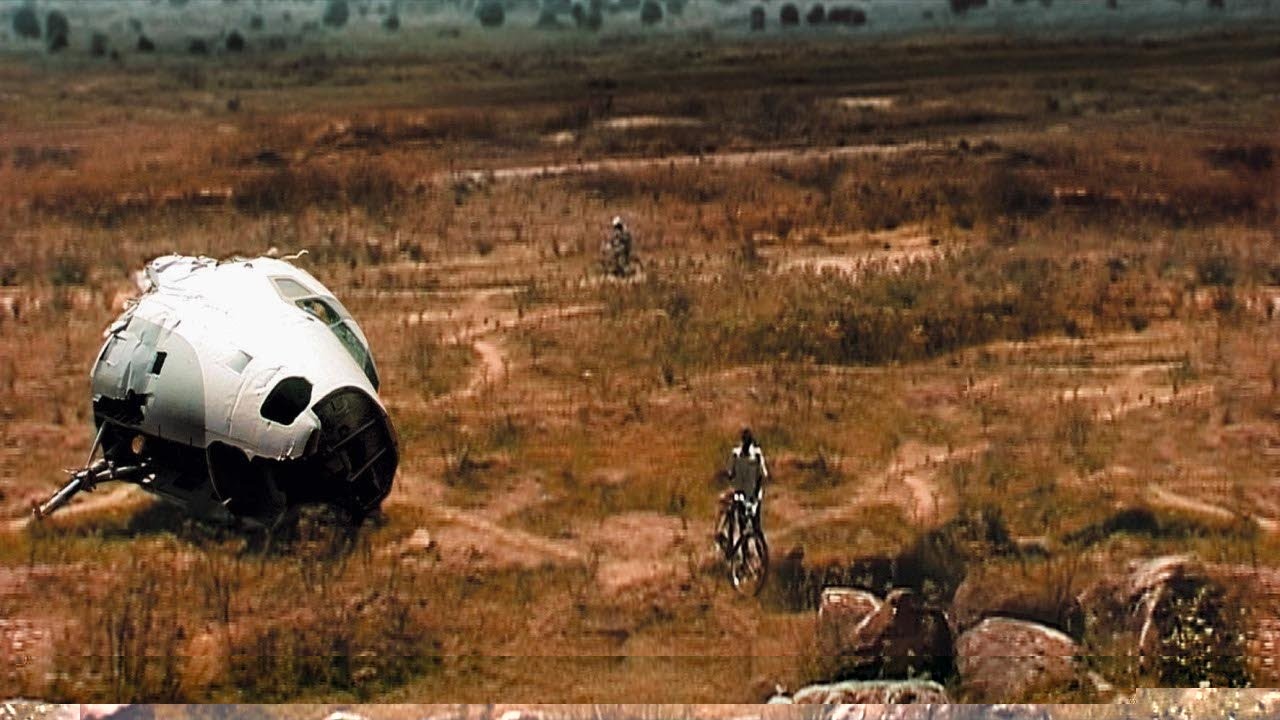By Chlotrudis Independent Film Society
Rating: 4 cats
Director: Hubert Sauper

Country: austria, belgium, france, germany
Year: 2005
Running time: 107
IMDB: http://www.imdb.com/title/tt0424024/
Bruce says: “DARWIN’S NIGHTMARE is an atypical political documentary. It understates its case. About fifty years ago a lone fisherman introduced Nile perch into Lake Victoria. Until that time Lake Victoria was a source of food for much of Tanzania. Today all that has changed.
“Quite rapidly the Nile perch began to devour species after species in the lake. At last count 210 species of marine life have disappeared and the perch are now the only source of food in Lake Victoria…but not for Tanzania. That’s where globalization enters the picture. Every day several giant cargo planes, usually Russian, fly away with 500 tons of fish destined for European tables.
“The big fishing companies claim the worldwide demand for Nile perch is good for Tanzania because it provides many jobs. Filmmaker Sauper doesn’t have to delve very deep to prove that argument specious. The average Tanzanian make about a dollar a day and a bout two million Tanzanians are starving because of perpetual famine caused by drought. The big earners are the prostitutes who make ten dollars a night by servicing Russian pilots and other foreigners who are passing through. For everyone else there is little hope – little chance for getting an education or for making a living.
“One would expect from the film’s title that much of the story would center on ecological and environmental details. Instead, Sauper chooses to let the Tanzanian people tell the story and not bombard the viewer with particulars. There are some very revealing, powerful moments, most of which are beautifully filmed. One native, who oversees the fishermen’s makeshift village, talks about the slim chances for his children to get ahead and cites globalization, the IMF and World Bank as the culprits. (How many Americans even know what the IMF and the World Bank are doing?) Another segment shows how a cottage industry has developed to dry and fry fish carcasses to sell to the Tanzanians. The fish have been stripped of their meat, leaving heads and tails for the locals.
“Much time is spent on tangents such as the plastic sniffing by the homeless children most of whom are AIDS orphans. That bleakness does contribute to the overall tone and effectiveness of the film, but I would have liked to walk away with a few more facts at my fingertips. In country after country globalization is proving to be a colossal failure. The promises of jobs remain unfulfilled. For millions, life consists of little other than famine, dire poverty and disease. 4 cats”
